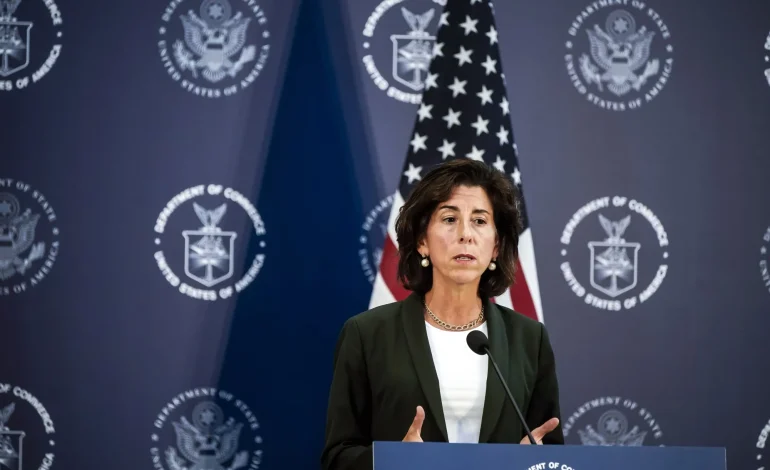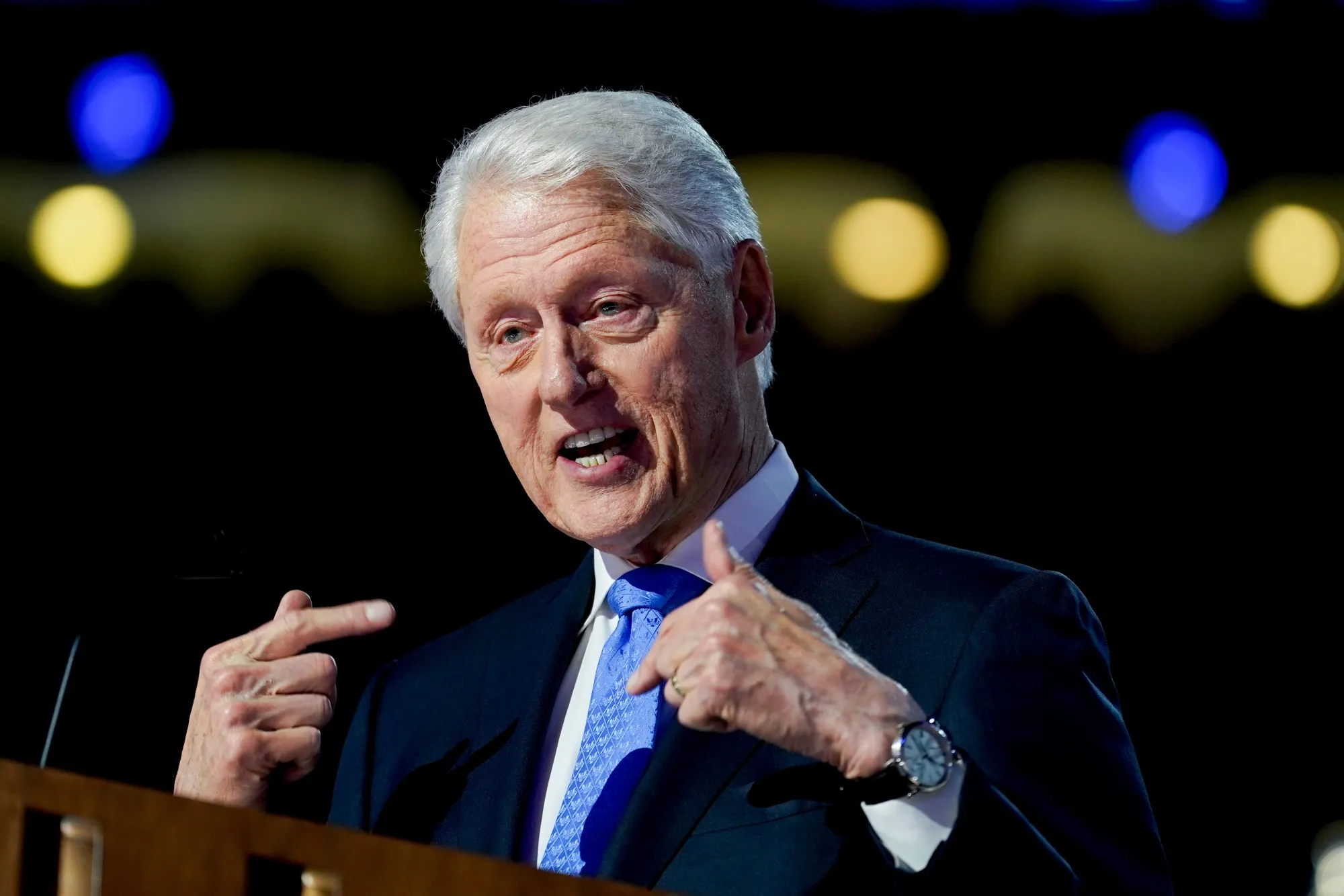Biden Administration Launches Probe into Chinese Chip Production, Setting Stage for Potential Trump Tariffs

The Biden administration has initiated an investigation into Chinese-made semiconductor chips, specifically older “foundational” or “legacy” chips, a move that could lead to new tariffs under the incoming Trump administration, Bloomberg reports.
This probe, launched Monday, centers on the concerns that China’s dominance in producing these chips poses a national security risk and threatens the resilience of US supply chains.
The inquiry, officially a Section 301 investigation, will scrutinize whether China’s practices related to foundational chip production are “unreasonable” or “discriminatory” and burden US commerce. These foundational chips, while less advanced than those used in artificial intelligence, are crucial components in a wide range of products, including automobiles, airplanes, medical devices, and telecommunications equipment.
Commerce Secretary Gina Raimondo highlighted the need for resilient chip supply chains, citing the disruptions experienced during the COVID-19 pandemic.
US officials have voiced concerns that China is aiming to control the global chip market through unfair subsidies. While this investigation is crucial for potentially taking legal action, it will not conclude immediately. The US Trade Representative (USTR) will determine if China’s practices warrant retaliatory measures.
This decision will ultimately fall to the incoming Trump administration, as the investigation will take months. The USTR would then potentially propose actions like tariffs, import restrictions, or other measures requiring presidential and congressional approval. Notably, former President Trump used similar trade powers to impose tariffs on a range of Chinese imports during his first term. Trump has nominated Jamieson Greer to replace Katherine Tai as USTR, further setting the stage for potential policy changes.
This action from the Biden administration follows previous efforts to strengthen the US semiconductor industry, including the passage of bipartisan legislation to provide subsidies. The administration has also taken steps to limit the export of advanced technology to China. Despite these efforts, officials remain concerned that China could flood the market with older chips, cornering this sector and tightening its grip on global supply.
The announcement follows a prior White House decision to increase tariffs on Chinese legacy semiconductors from the current 25% rate to 50% by 2025.








